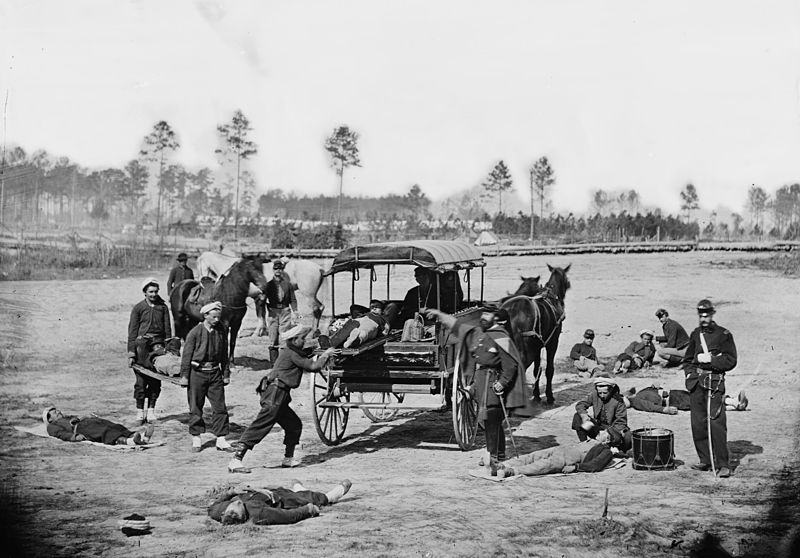Hi there, thanks for reading my post. I am 21 and live in Austin texas and am thinking about becoming an EMT. I do have questions however, and because school guideance counslers are essentially being fased out by computers they suggested I talk to someone currently in the field. With this said, I do have some questions and would be very intrested in talking to a currently employed EMT professional either through email or other instant messeging service. **Removed contact info**. Thanks for the help and look forward to hearing from someone 
Last edited by a moderator:

